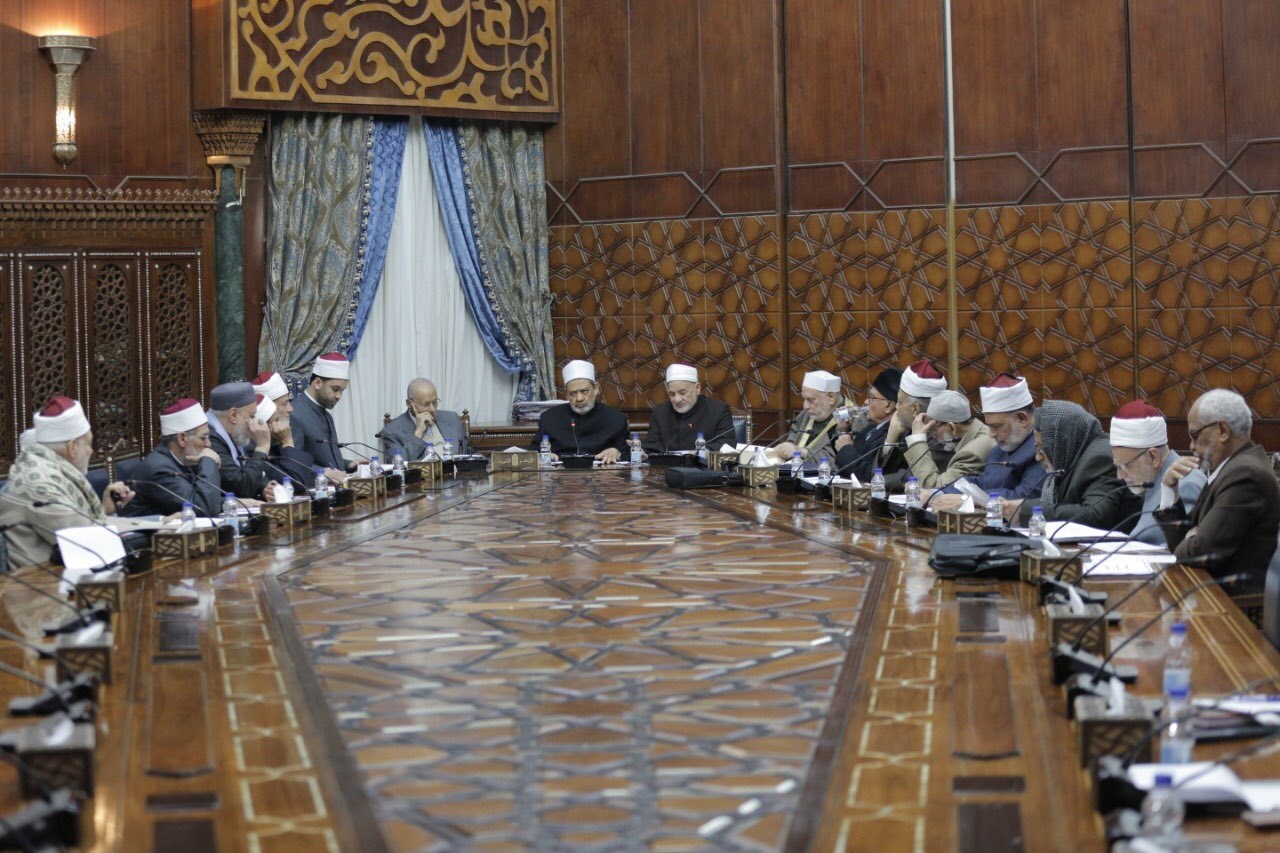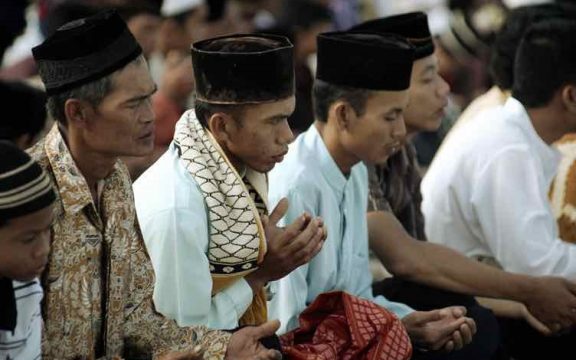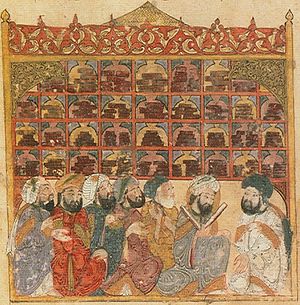Drinking coffee is an integral part of many people’s daily lives. Without coffee, there is no enthusiasm for the rest of day. The effect of drinking coffee on the body quickly felt for so many drinkers, maybe including you. Coffee shops have sprung up, providing atmosphere and taste. Drinking coffee is one of the best ways to entertain yourself.
Before drinking coffee became a culture, it was the subject of lengthy discussion of Muslim societies especially in the pre-medieval era. As noted by Ralph S. Hattox in Coffee and Coffeehouses-The Origins of a Social Beverage in the Near East Medieve, coffee was actually not a drink that came from the Arabian plains, so it was something new for the community. Before arriving in the Arabian peninsula, coffee was widely drunk by Yemenis, Persians and parts of Africa. The drinkers believed that from these finely ground black grains, which are brewed, each sip is able to “enlighten” the mind.
Human physiology has not changed much in hundreds of years, and the effects of drinking coffee on humans from ancient times to the present are similar. The effect of enthusiasm and relieving fatigue and sleepy was questioned by the Islamic scholars. Does it poison and dispel mind, as wine and khamar? The effect of drinking coffee is the debate topics of the Islamic scholars regarding the legal status of drinking it. By sharia standards of most Islamic scholars, it has not been seen as intoxicating (iskar).
One of the Islamic scholars’ discussions about coffee was in Mecca in 1511, through the role of a figure named Khair Beg – one of the governors of the Ottoman Dynasty. He considered the opinion of the local mufti who argued that all things were originally ‘permitted’ (mubah), (al ashlu fil ash-ya ‘al ibahah), until there was a danger (madlarat) in the item. In order to clarify the question of the adverse effects in coffee, Khair Beg invited two doctors from Persia to explain the effects that coffee could have.
Islamic scholars were pros and cons about coffee. One of them named Muhammad ibn Mahmud al Zaini al Husaini who lived in the 16th century, compiled a small treatise on the adverse effects of coffee on the physical. In his treatise he mentioned that both medical and religious experts were too wasteful when studying the things that had been done by the predecessors. So that, although coffee was increasingly popular, there was no movement to conduct research on the effects that helped determine the law of drinking coffee.
Research about coffee began to be discussed along with the increasing of coffee consumption in the Islamic world. Muslims who drink coffee, rely on the expressions of Islamic scholars who allow it – and vice versa there is a substitute for Islamic scholars who forbid coffee. Islamic scholars and medical experts still find that coffee can perpetuate the disease, beside there is also coffee that is not harmful to the body.
It is known that the medical knowledge of Arab society during the Abbasid Dynasty was adapted from Greece. The medical knowledge base of Greek scientists such as Galen or Hippocrates explained that humans have four constituent elements: water, earth, fire and wind – which gives aspects of dryness, coldness, heat, humidity, and so on.
Coffee, when it is viewed with a theoretical framework of the four elements, made the doctors a bit confused. These doctors assumed that coffee beans have a dry and cold aspect. This aspect of coffee is considered to be able to trigger a condition of the body which was then called a symptom of melancholia – indicated by a deep sense of calm. Even though the effect of coffee is not only soothing, but also stimulating the mind.
Well, if you drink a glass or two glasses does not have a negative impact on the body, so that the status of the forbidden drink can be suspended. But what if we consume too much coffee? The doctors at the time thought that the discomfort caused by most of the coffee, must be overcome by prescribing certain medicines. Pro-coffee circles think this is excessive, because most complaints are due to the fact that most coffee is “just” having trouble sleeping – even though it can actually trigger work and worship at night.
Consuming too much coffee is the concern of Islamic scholars and health experts. It is said that to their knowledge at the time, coffee was considered to be able to make hemorrhoids and recurring headaches. Coffee is also reported to trigger a decrease in appetite, even to some extent, reduce sexual desire. Back then, the recommended coffee drink was plain, without any mixture including milk or sugar. Ordinary people do not drink coffee on an empty stomach, so many coffee shops are opening by providing snacks and food.
In the end, several debates over coffee found a meeting point. For critics, coffee is considered to have a bad effect – only under certain conditions. For the pro-coffee community, almost all of them are convinced that the excessive amount of coffee is not good for those who can’t drink too much coffee.
The conclusion is more or less like this: for those who does not match with coffee, you do not need to force your self to drink coffee; and for those who likes coffee, you should be aware of the limit on the amount of coffee that can be drunk. This is the middle way for dialogue between Islamic scholars and coffee medical experts on the 17th century.
Thus the reason for the forbidden and the halal coffee becoming a discussion of Islamic scholars and medical experts is triggered by two things: coffee as something new in Arabic, and the “strange” effect felt after drinking it. Whatever the conclusion is, the world has received coffee. Coffee shops that continue to grow seem to negate various kinds of coffee debates. Whether you believe it or not, coffee is probably one of the best ways to enjoy the world.
So, Espresso yourself!
Translated from the original article : https://islami.co/ngopi-dalam-sejarah-islam-antara-fatwa-ulama-dan-telaah-medis/, by : Muhammad Iqbal Syauqi on 13 January 2020.
![Islami[dot]co](https://en.islami.co/wp-content/themes/jambualas/images/logo.png)



